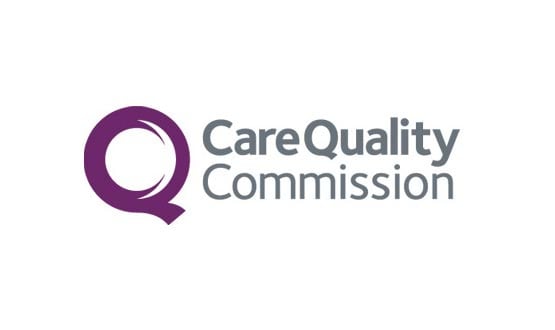The Care Quality Commission has launched a public consultation on proposals to change its inspection regime and introduce ‘Ofsted-style’ ratings for trusts and hospitals.
In its consultation paper, ‘A new start’, the CQC proposes a new rating system with a single rating for every NHS trust and the hospitals they run.
“Ratings will exist on a one to four point scale: inadequate, requires improvement, good and outstanding,” the document says.
“An NHS acute hospital trust will receive an overall rating, plus service level ratings, it is proposed. Each of a trust’s hospitals will also have an overall rating.”
The information for the ratings will be gathered from national and local data and intelligence sources, past inspections, and from local authority overview and scrutiny committees.
The Ofsted-style rating system, which was announced by health secretary Jeremy Hunt in response to the second Francis Inquiry into Mid Staffordshire NHS Foundation Trust this spring, will be developed over the next three years.
The Nuffield Trust, which was asked by Hunt to investigate whether the Ofsted-style report system should be introduced to the NHS, expressed extreme caution about the idea.
It noted that hospitals are complex, that managers may be tempted to focus on rated issues at the expense of other, potentially more important issues, and that ratings regimes can rapidly lose public confidence if problems are uncovered at well-ranked institutions.
However, the government has decided to push ahead anyway, as part of a package of reforms to the CQC’s activities.
These will also see the development of “clear standards of care” that hospitals must meet, and a new inspection regime led by a chief inspector of hospitals, former cancer tsar Professor Mike Richards.
CQC chair, David Prior, said the proposals put patients “at the heart of what we do”, and the inspectors would focus on things that were meaningful to people, instead of ticking boxes.
“These changes mark a break from the past for the CQC. We have not been looking at the right things when we have inspected hospitals and we have not had the right level of clinical expertise to get under the skin of organisations.”
The consultation suggests that it will take the CQC two years to rate all hospitals in England. “We will begin by rating providers of acute services from December 2013, with an aim that all these providers receive a rating before the end of 2015,” it says.
‘Outstanding’ hospitals will have their ratings reviewed every three to five years, ‘good’ hospitals every two to three years, and hospitals ‘that require improvement’ at least once a year. Those rated ‘inadequate’ will be inspected as often as required.
The inspections will focus on compliance with the new standards. The inspectors will be expected to use “professional judgement supported by objective measures and clinical evidence” to answer five key questions: “is it safe; is it effective; is it caring; is it responsive to people’s needs; and is it well-led?”
“As we do not yet have the legal powers to award ratings, our initial ratings will be in shadow form,” the document adds. “They will be confirmed subject to the passage of legislation through Parliament.”
The CQC will also monitor information and evidence to identify failing acute hospitals. These assessments will be developed from three sets of indicators.
“The indicators will be used as ‘smoke detectors’, which will start to sound if a hospital is outside the expected range of performance or is showing declining performance over time for one or more indicators,” the consultation says.
The first set of indicators includes information such as mortality rates, ‘never events’, results from the NHS staff and patient surveys and information from whistleblowers. If the assessment of the first set indicates concerns, the second set will be applied.
“The second set of indicators will include nationally comparable data such as results from national clinical audits, admission profiles for each NHS trust, wider sets of patient and survey results, and information from accreditation schemes.
“The third set will include indicators that are not yet nationally comparable, are not routinely available, or which are the result of ‘one-off’ data collections.”
The consultation is open for eight weeks, and the CQC wants feedback on its plans before 12 August 2013.

